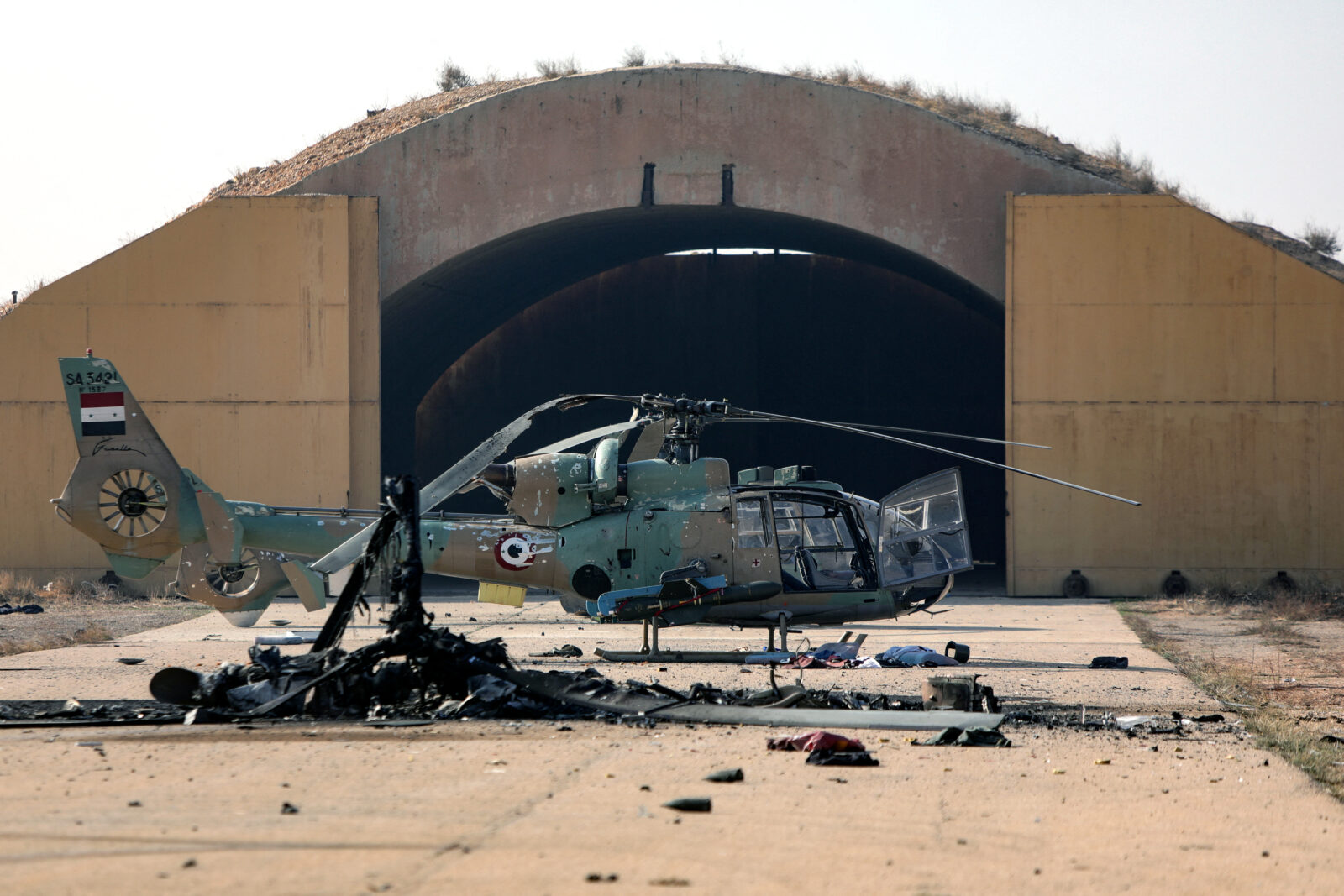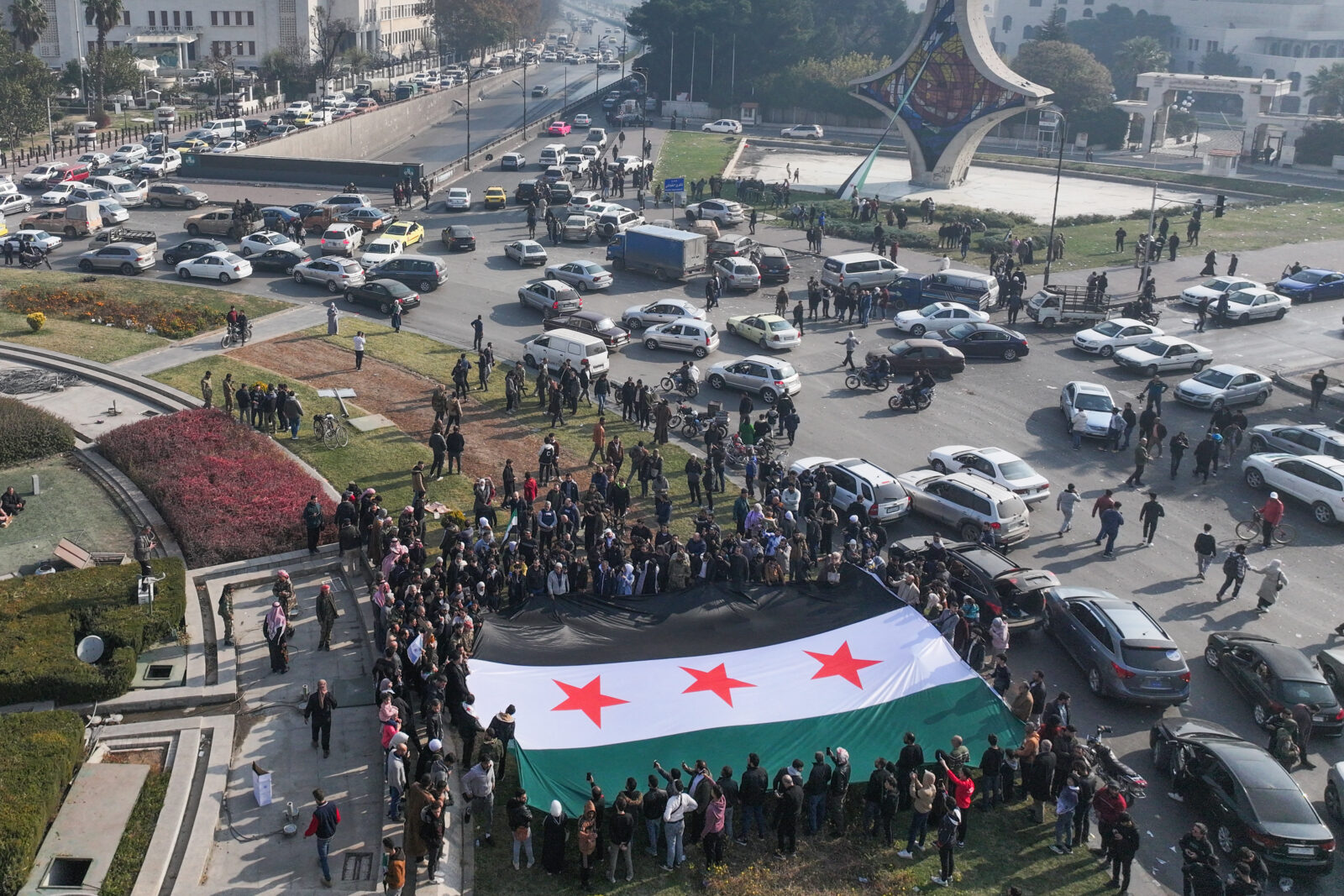What awaits Türkiye after Assad’s fall in Syria?
 Military tanks abandoned by the Syrian army are pictured outside Damascus, on Dec. 9, 2024. (AFP Photo)
Military tanks abandoned by the Syrian army are pictured outside Damascus, on Dec. 9, 2024. (AFP Photo)
The fall of Bashar al-Assad after 13 years of civil war has ushered Syria into a new era. Experts are evaluating the implications of this political shift for Türkiye and the broader region.
Prospects for Syria’s future
Political scientist Professor Dr. Hasan Koni suggested Syria may move toward a federal or confederal structure to maintain territorial integrity.
Highlighting the lack of looting or disorder during the opposition’s advance into Damascus, he attributed this discipline to U.S. backing and the group’s strategic approach.
Koni anticipated a cautious power-sharing model with international negotiations, likely involving Russia. He added that the reconstruction of Syria, particularly for returning refugees, will take time.
“The immediate return of Syrians in Türkiye is unlikely, given the destroyed infrastructure,” he explained.
He also predicted that the West would not permit the establishment of an Afghanistan-style regime in Syria. “A softer structure, similar to the Egypt model, is more likely, with Türkiye playing a role in determining a relatively stable government,” Koni added.




Regional dynamics and Türkiye’s role
Oytun Orhan, Coordinator of Levant Studies at the Center for Middle East Studies (ORSAM), emphasized the significance of recent developments for Türkiye. The swift fall of the Assad regime has created opportunities, but also risks, for Ankara.
- Reduced Iranian influence: Iran‘s presence in Syria, long-entrenched since the Assad era, has been significantly diminished, providing Israel with an advantage in its regional rivalry with Tehran.
- Weakened Russian impact: Moscow’s influence in the Middle East has also waned, potentially easing Türkiye’s diplomatic path toward a political solution.
- PKK/YPG terrorist organization: Orhan noted the risk of the PKK/YPG terrorist organization’s gaining political recognition, especially as their strategic importance grows for both Israel and the U.S.
He suggested Türkiye would work closely with a new government in Damascus to address these risks and focus on dismantling PKK-linked terror threats along its border.
Orhan pointed out that while Syria appears divided between opposition-controlled regions and areas held by the PKK/YPG terrorists, Türkiye is likely to intensify military operations along its border.
“We could see further interventions targeting the strongest PKK positions,” he stated, adding that Türkiye might also find new allies in its counterterrorism efforts.



